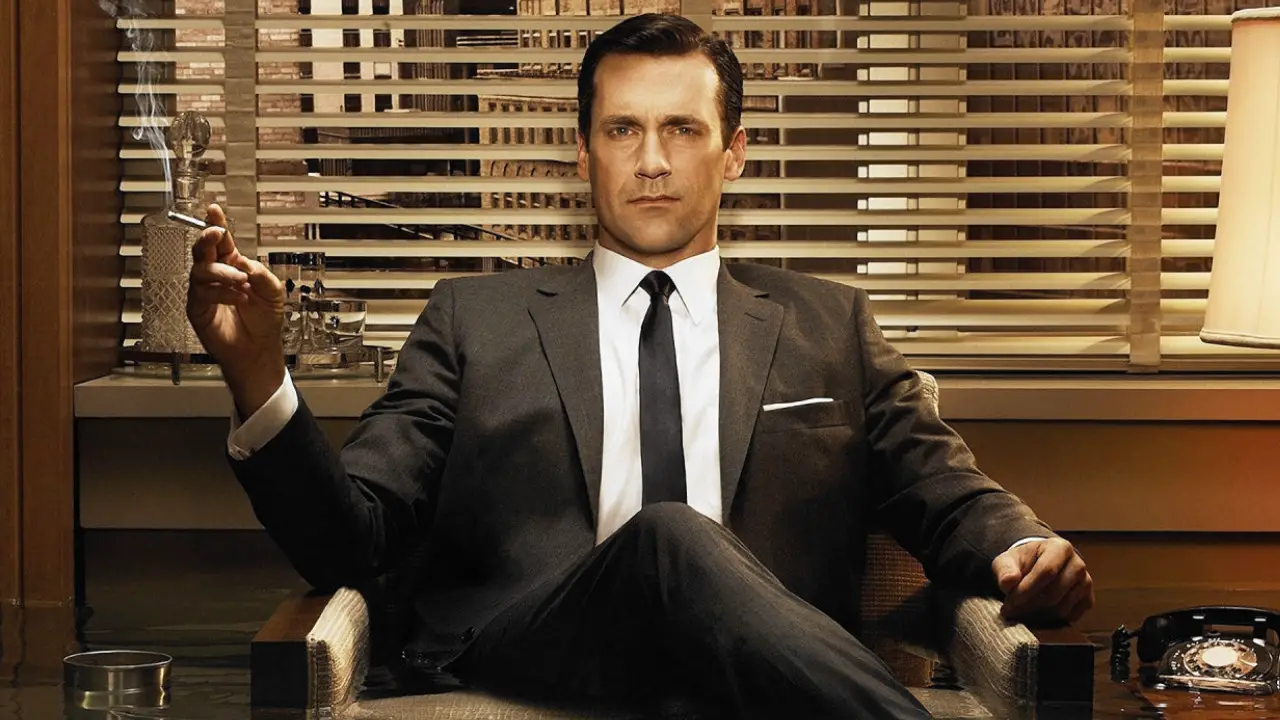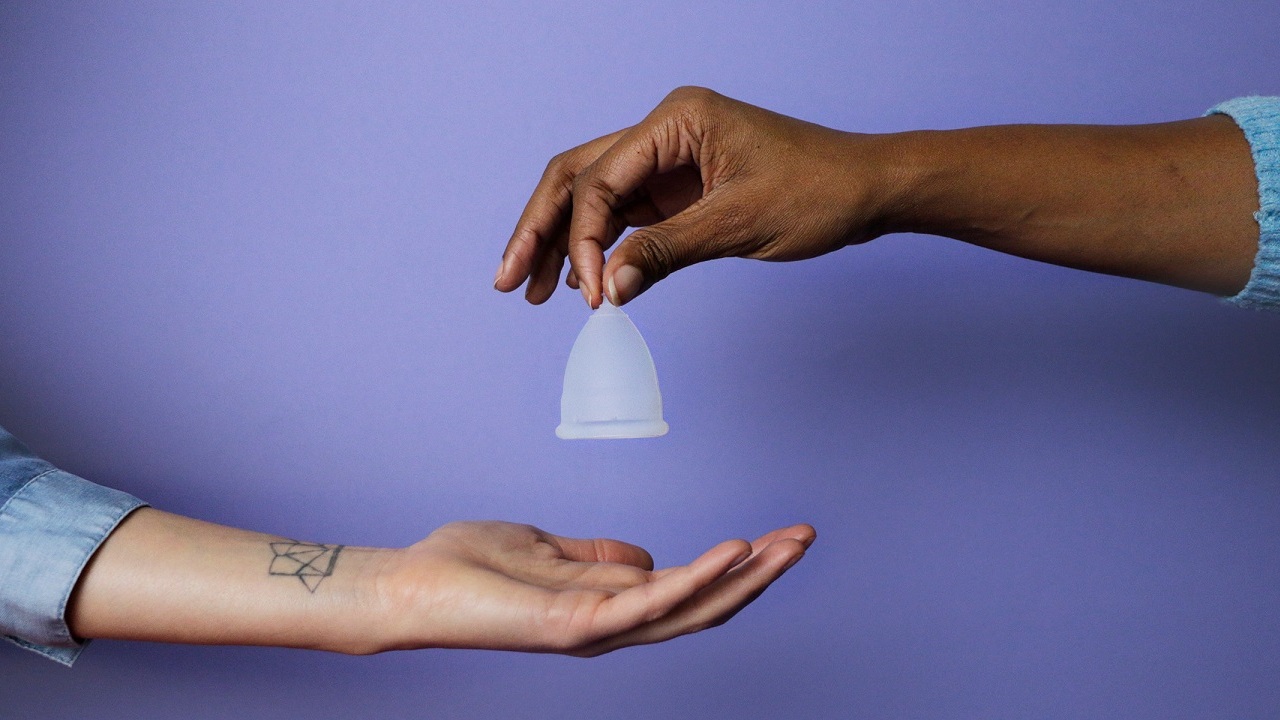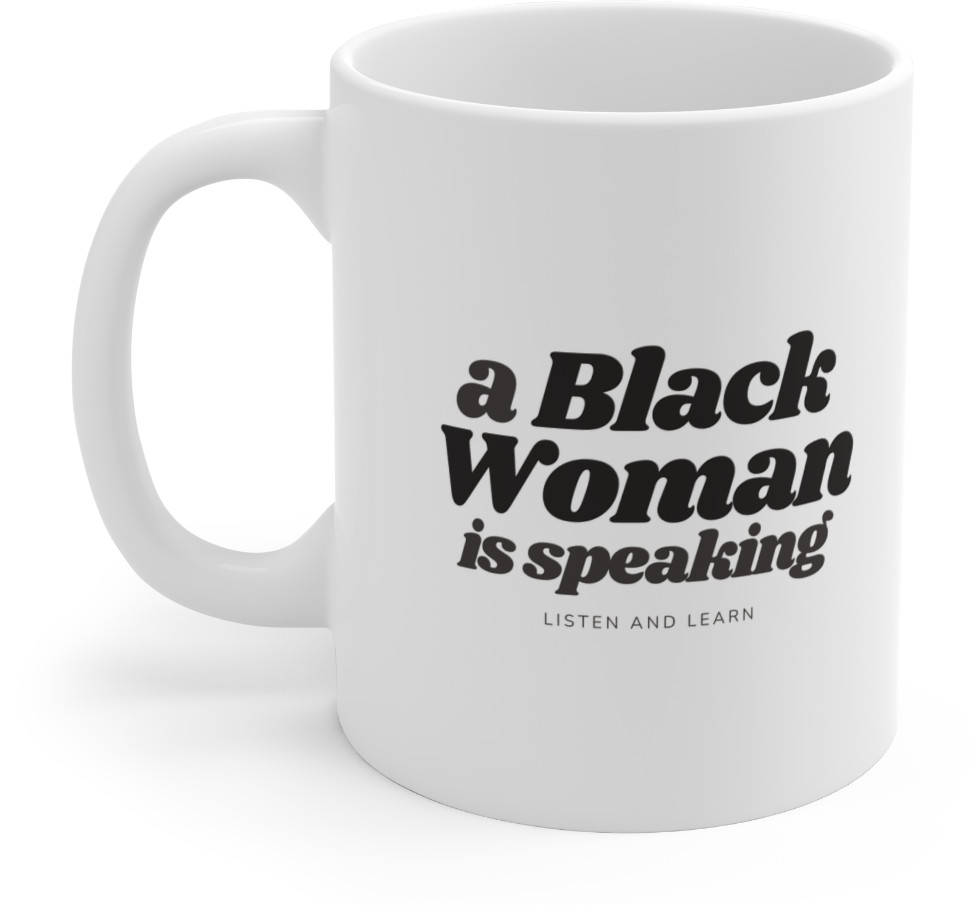“Daddy, Daddy, Daddy! I wanna play Dinosaurs!”
My three-year-old is requesting my participation in a savage game of bone-rattling horror. With her on my back, I crawl around the bed narrating a brief history of dinosaurs up to the unfortunate collapse of the species following asteroid-driven catastrophe. At that point I fall flat on my belly and my daughter squeals with delight.
Her older sister, seven, wants to play, so the next round of the game will take place with both of them on my back. On the third round, whoever was in back will demand to ride up front, which in turn creates a crazed need for the one so relegated to get another chance at the front for the fourth round, and so on.
This game was a little more fun six years ago, when I was six years younger, six years stronger, and had but one child, who weighed maybe 20 pounds. Now my seven-year-old and her little sister, whose size and weight land her on the quadrant of the developmental chart the American Medical Association officially labels “sumo wrestler,” combine for a 90-pound mass pressing on my achy, crumbling bones. I’d like to kick the butt of the guy who invented Dinosaurs, but I’m not a contortionist.
I could withdraw from my children the right to subject me to crushing spinal abuse, but I’m trying to be a “good dad,” indeed an enlightened, sensitive, advanced Superdad. I feel bad about all the times I’ve yelled at the younglings (I once actually shouted the words “NO TICKLE!”), and I want to be an engaged parent creating fond memories they’ll carry with them into adulthood. Also I want my wife to be happy and not to feel as though playing with the kids is her sole responsibility (though I strongly suspect she enjoys this more than I do).
Related: Every mom is a supermom
I can hear all the moms out there grumbling, “Dads change one diaper and they want a medal.” I don’t want a medal. I just want to be Don Draper. I want the kids to be vaguely scared of me, at least scared enough to keep their distance, and for them to run to Mother with their every gripe and moan. I want there to be boundaries. I want it to be 1971.

Okay, 1971 was mostly terrible. I can (barely) remember the very end of the Mad Men era — noxious tobacco smoke everywhere when indoors, noxious leaded gasoline pollution everywhere outdoors. I don’t want to walk into a bar and be faced with the grim choice between Schlitz and Miller High Life. Most of all, I don’t want my wife to stay at home and reduce our family income by 50%. (Okay, maybe 55%. My wife is pretty successful.)
Maybe the first rule of Dad Club is: You do not talk about Dad Club, at least honestly. At least not until that third beer. Until then, we put on a happy face, express advanced paternal pride, pretend we’re sailing contentedly on the choppy waters of child-rearing. But on occasion, when the ladies aren’t around, we meet in tiny insurrectionist battalions to swap tales of our misery. We compare casualty reports and discuss the many times we found ourselves removing from our persons and clothing bodily fluids not our own. Then we segue into the subject of our dads and how utterly, utterly unlike us they were. Why, we wonder, can’t we be them?
Men who live with their kids are spending nearly three times as much time on child-rearing as they did in the “Mad Men” era, according to a Pew Research survey. That is still only half as much time as mothers put in, but the critical detail is that both Mom and Dad are spending more time with their kids. Kids are getting 21 hours of parenting per week, a 68% increase since 1965. And yet the social pressure to pour even more of ourselves into our children is immense: Some 48% of dads feel like they don’t spend enough time with their kids, as opposed to 25% of moms.
Did anyone think to ask the children about this? Ellen Galinsky, president and co-founder of the Families and Work Institute, did. Talking to 1,023 youngsters, she found that just 10% wanted to spend more time with their moms, and just 16% more time with their dads. Yet 34% wished their mothers were “less stressed.”
Like Chip, the unhappy progressive-minded academic in Jonathan Franzen’s The Corrections, fathers of my generation are determined not to repeat the mistakes our dads made. Weren’t they benighted, even troglodytic, when it came to men’s and women’s roles? Writes Franzen:
Chip had grown up listening to his father pontificate on the topics of Men’s Work and Women’s Work and the importance of maintaining the distinction; in a spirit of correction, he stuck with Tori for nearly a decade. He did all of the laundry and most of the cleaning and cooking and cat care in the little apartment that he and Tori shared. He read secondary literature for Tori and helped her outline and reoutline the chapters of her thesis that she was too throttled by rage to write. Not until D—— College had offered him a five-year tenure-track appointment (while Tori, still minus a degree, took a two-year nonrenewable job at an agriculture school in Texas) did he fully exhaust his supply of male guilt and move on.
Chip’s brother, the depressed upper-middle class family man, Gary, who is determined to appear to be a superdad to such a ludicrous extent that he is constructing an elaborate two-hour home movie about his supposedly perfect family, has little in common with Chip — except that “his entire life was set up as a correction of his father’s life.”
We see ourselves as simply better than our dads were, and yet the women in our lives don’t seem impressed. Over the last 35 years, “Women’s happiness has declined both absolutely and relative to men,” concluded economists Betsey Stevenson and Justin Wolfers in their 2009 paper, “The Paradox of Declining Female Happiness”
To a certain extent, then, perhaps dad’s increased involvement is counterproductive. Jennifer Senior, in her excellent 2014 book, All Joy and No Fun: The Paradox of Modern Parenthood, recounts a conversation among moms in which one notes, “My husband will give the kids peanut butter and jelly and be like, ‘Woohoo! Dinner!’ And I’m racing to put out the vegetables saying, ‘Uh, guys you have to eat these too.'” Replies another mom, “I don’t know why my husband winds up being the fun guy.”
Dads think we’re helping, but in a sense we’re often just interfering with the battle plan, and we all know who the general of every family is.
There is no doubt that fathers are important, and their absence from the household is strongly associated with all sorts of negative consequences for children. A child of an absent father is more likely to do badly in school, suffer physical abuse, commit crimes and even have poor health.
Dads do need to be present. But do we need to be omnipresent, showing the flag at every soccer game, birthday party, and piano recital? Our dads certainly were not. I can’t remember ever seeing my father at any of the hundreds of baseball and soccer games I played in as a kid, nor would I have expected to see him. Dad wasn’t there because he was working — six full days a week for my entire childhood, and once a month he’d work a couple of hours on Sunday, too.
A growing body of evidence suggests my Greatest Generation dad, whom I’m certain never used the world “parenting” in his life, was intuitively correct: Most of our attempts to steer Junior this way and that are ineffective. There is a strong correlation between certain kinds of parental habits and how children behave as adults — smoking, for instance. But upper-middle-class parents who treat parenting as a competitive sport don’t realize how little difference their efforts are making. Studies of adopted children versus biological ones show that for every year of additional education on the part of the mother, the effect on her child is going to be only about five more weeks spent in school. I.Q. has a large genetic element, and a large element of chance, but parental effort makes little to no difference. Behaviors such as reading bedtime stories have no discernible effect on the child’s adult I.Q. So why should either gender beat itself up about not making it home before lights out?
One indication of how dads are feeling about modern fatherhood can be glimpsed in a study of how men who spend more time with their kids feel about work (i.e., the time they spend away from their kids): They start to like it more. Or, as a Forbes post summarized it, “The More Time Dads Spend With Their Kids, The Happier They Are At Work.” Indeed. As the English journalist Toby Young put it, “Among my male friends with young children, it has become a standing joke that weekdays and weekends have swapped places. We used to hate weekdays and look forward to weekends. Now it’s the other way round. … Do the majority of men feel this way? Of course they do. A more interesting question is: do the majority of women feel this way, too?”
And here we cut to the major difference between working dads and working moms: guilt. Men feel pride at the office. We’re bringing home more food with which to feed the cubs, so no dirty looks if we don’t make family dinner. If the evidence tells us that hands-on parenting really isn’t worth very much, why should mothers feel anguish about cutting back on the parenting time, too? Your mothers spent less time with you than you’re spending with your kids. Your kids want you to spend less time with them. And your husbands aren’t very good at serving vegetables anyway.
We could all do a lot less parenting and be the happier for it. It’s a win-win-win situation. Now hold my scotch, please — someone’s trying to climb on my back.
But there's more. Check out these bussin stories:
- Health
 Learning to love my vagina (and myself), one stuck Diva Cup at a time Despite my loyal appeal to tradition, I decided to finally abandon the tampon and try the Diva Cup in the name of healthy, mindful living.
Learning to love my vagina (and myself), one stuck Diva Cup at a time Despite my loyal appeal to tradition, I decided to finally abandon the tampon and try the Diva Cup in the name of healthy, mindful living. - Love
 Polygamy vindicated: science reveals it’s monogamy that is unnatural The long-accepted idea that humans are naturally monogamous is dead at last. We grill the author of Sex at Dawn about prehistoric sex and other shenanigans.
Polygamy vindicated: science reveals it’s monogamy that is unnatural The long-accepted idea that humans are naturally monogamous is dead at last. We grill the author of Sex at Dawn about prehistoric sex and other shenanigans. - History
 Amelia Earhart? Try Jerrie Mock: The first woman to successfully fly around the world She wanted to see the world in her Cessna 180. That she would be the first woman to do it was just an added bonus.
Amelia Earhart? Try Jerrie Mock: The first woman to successfully fly around the world She wanted to see the world in her Cessna 180. That she would be the first woman to do it was just an added bonus.



Agree. Having fathers watch births is another modern invention we can throw out with prejudice.